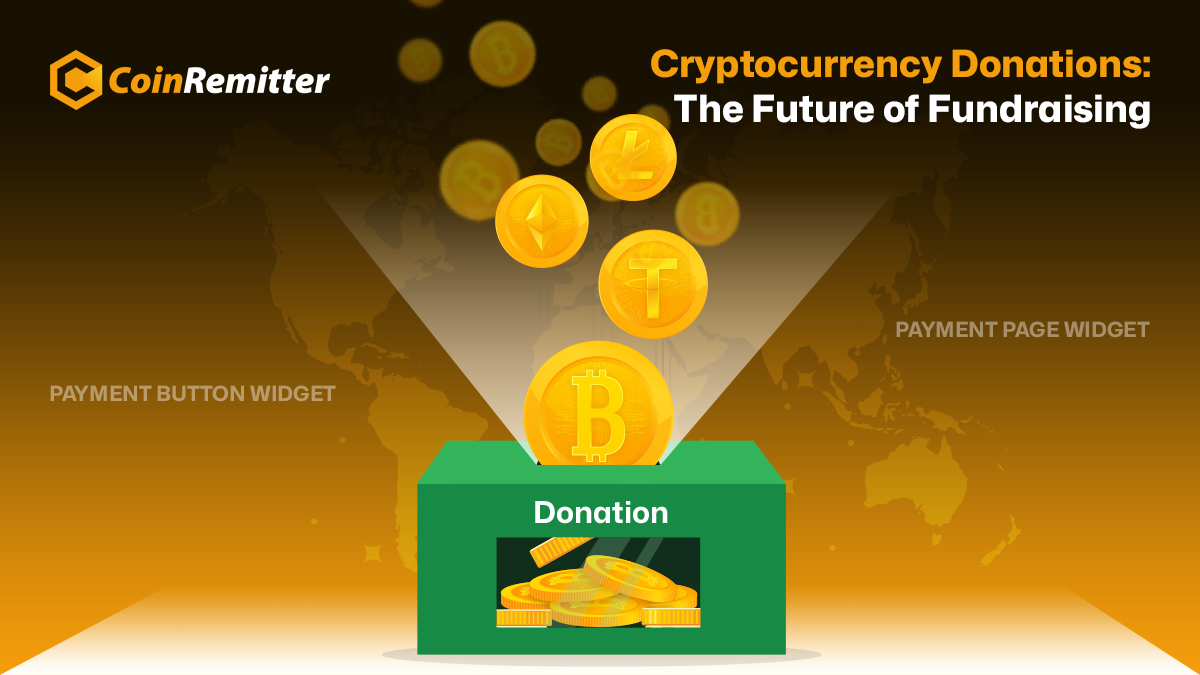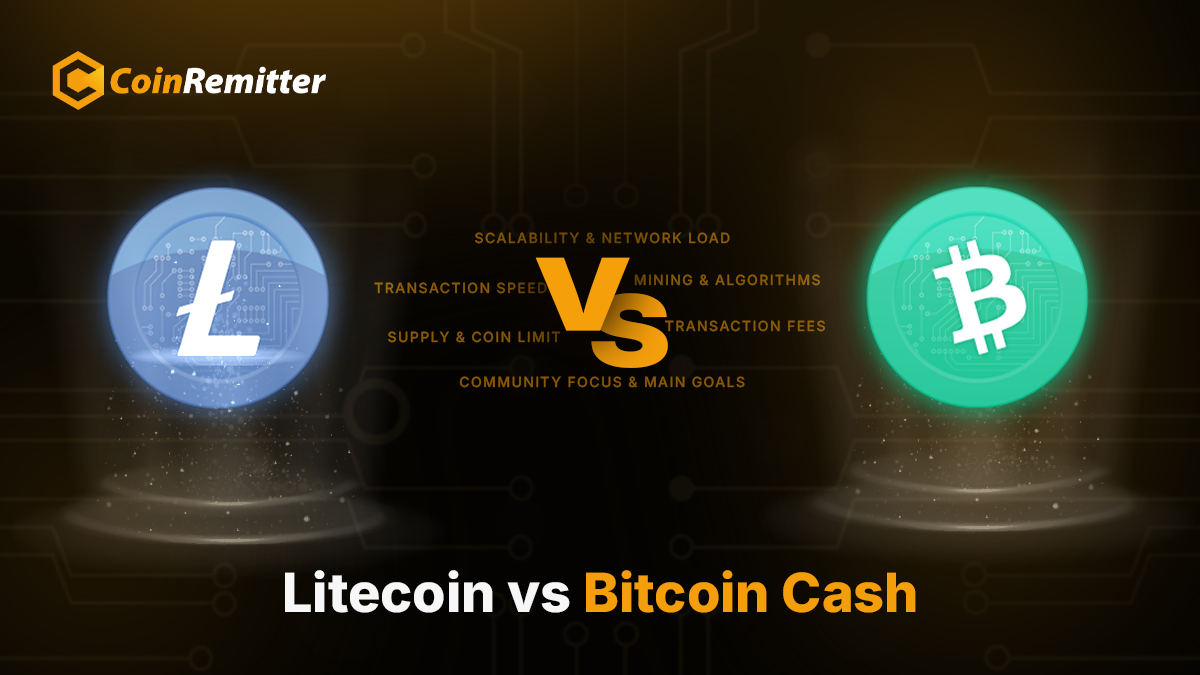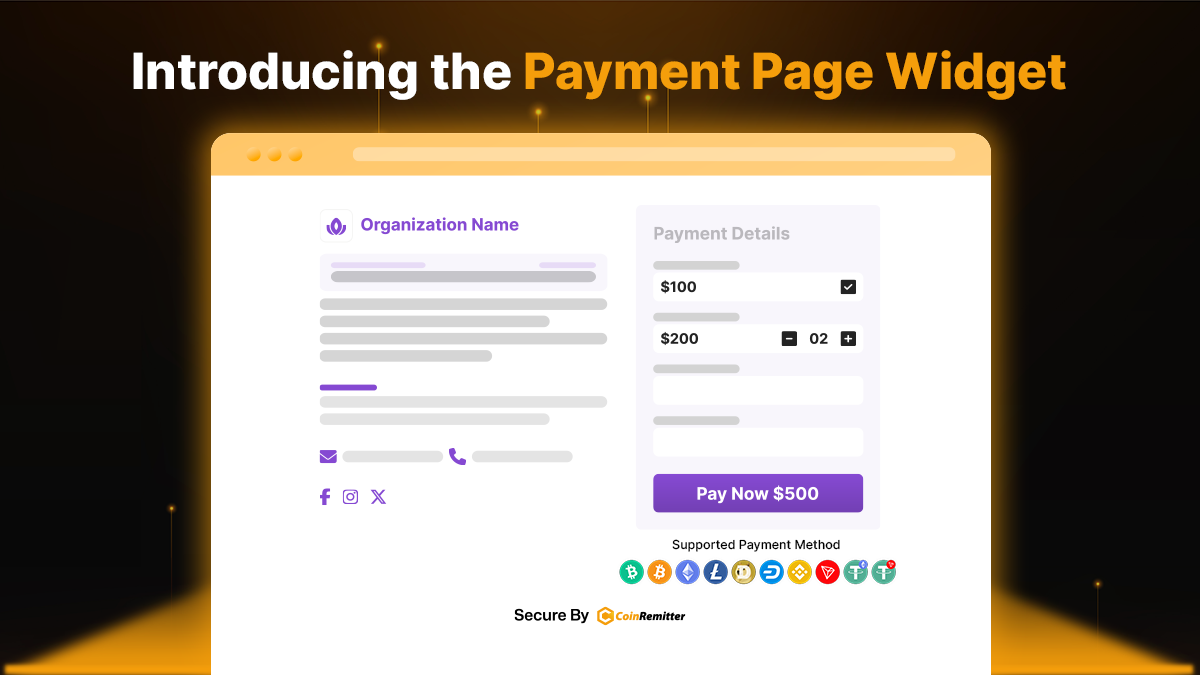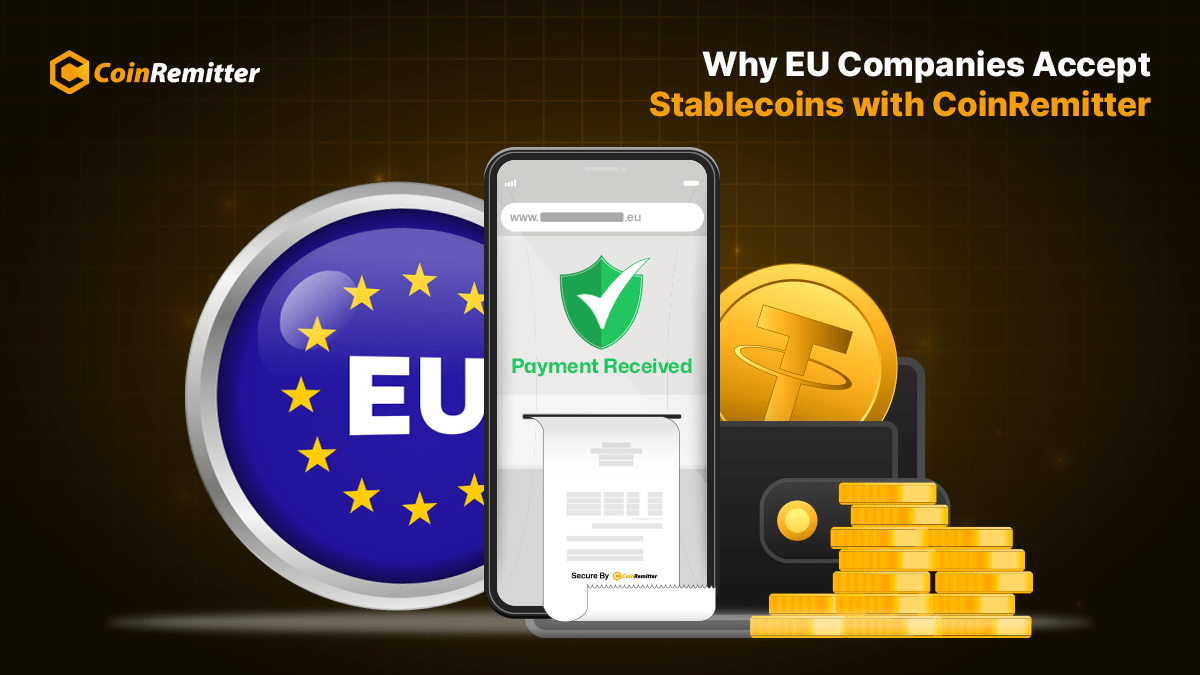Understanding Blockchain Oracle and its Role in DeFi
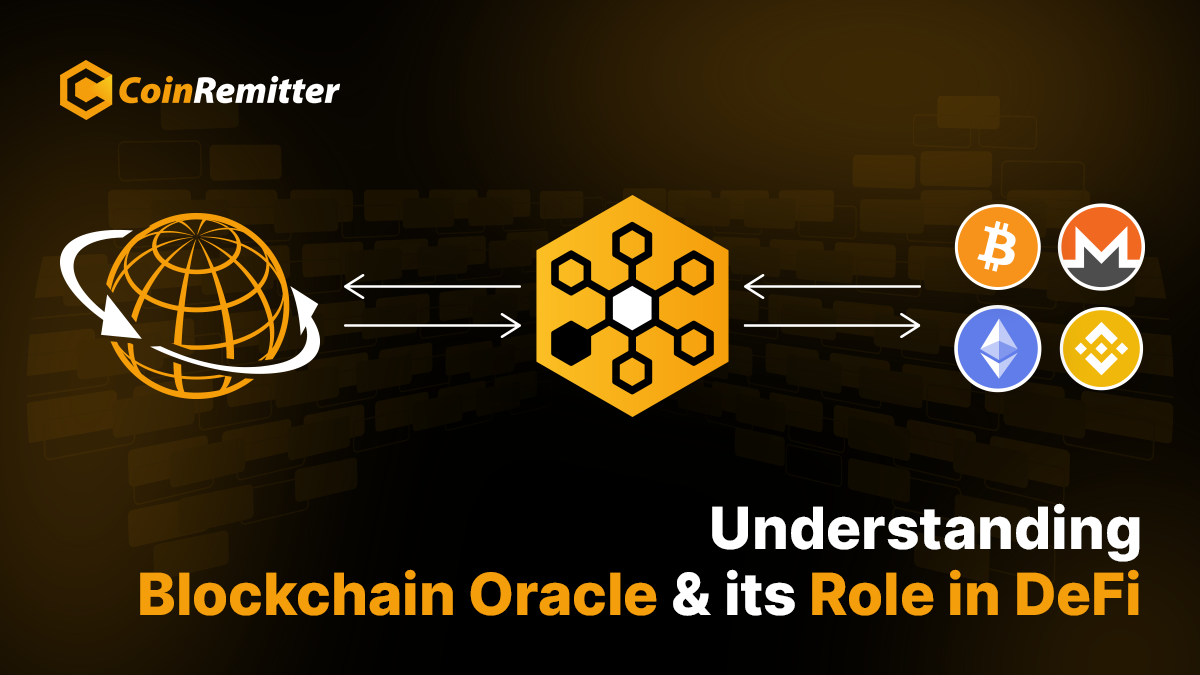
The concept of oracle plays a very important role in DeFi. Blockchain oracles act as trusted sources of information that feed real-world data into blockchains where automated processes, such as smart contracts, can be executed based on the information provided. As DeFi platforms expand, ensuring tamper-free and accurate data is crucial. Blockchain oracles ensure the integration of real-world data with smart contracts securely. This blog will look at what Blockchain oracles are and their role in making DeFi reliable and accessible.
Blockchain Oracles
Blockchain oracles are entities that act as a bridge between a blockchain smart contract and external data sources. It provides real-time data and feeds it to blockchain networks. Oracles enable smart contracts to execute based on the information received, enhancing the functionality and capabilities of DApps and DeFi platforms. The goal of oracles is to securely integrate off-chain data into on-chain processes, expanding the utility and scope of blockchain technology.
How does it work?
Blockchain oracles provide data to smart contracts on the blockchain, enabling them to carry out specific actions based on that information. For an oracle to work correctly, it must first gather data from various external sources and then format it in a way that the smart contract can understand. This process is called “data aggregation.” Once the data is aggregated, it becomes “events” that are sent to the smart contract for processing.
Let’s understand this with an example.
Imagine you want a crypto loan on a DeFi platform. The loan depends on the value of your collateral, but the smart contract can’t check prices itself. The smart contract asks the oracle for the real-time price of your collateral. The oracle gathers this data from multiple sources and verifies it. Once confirmed, the oracle sends the price securely back to the smart contract. Now, the smart contract can assess the risk of your loan, set an interest rate, and approve or deny it.
Types of Blockchain Oracles
Input Oracles: Input Oracles fetch data from the real world and deliver it to a blockchain for smart contracts use.
Output Oracles: Output Oracles allow smart contracts to send commands to off-chain systems to execute actions like making payments.
Cross-chain Oracles: Cross-chain oracles enable data and asset transfer between different blockchains, allowing them to work together.
Compute-Enabled Oracles: Copmute-enabled Oracles manage complex calculations of the blockchain for hard tasks to do on-chain due to various limits.
Role of Oracles in DeFi
Providing Real-world Data to Blockchain
Smart contracts on blockchains are self-executing contracts where the terms of the agreement are directly written into lines of code. To function properly, these contracts often need access to real-world data that is not available on the blockchain. This is where oracles come in. Oracles provide the latest prices for assets like Bitcoin, Ethereum, or even fiat currencies.
Activating Smart Contracts
Blockchain oracles enable smart contracts to react to real-world events and conditions. They trigger smart contract execution when certain predefined conditions are met. In DeFi, oracles can trigger automated trading strategies when certain price thresholds are crossed.
Data Security and Reliability
Instead of relying on a single data source, some oracles gather information from multiple places to avoid mistakes and manipulation. Some oracles use cryptographic techniques to prove that the data hasn’t been tampered with and is from a trusted source.
Benefits of using Oracles in DeFi
Data Accessibility: Blockchain oracles help smart contracts use real-world information, expanding what blockchain can do beyond its data.
Automated Processes: Oracles allow smart contracts to run automatically with up-to-date data, cutting out middlemen, speeding up tasks, and reducing mistakes.
Diverse Use Cases: Blockchain oracles support a wide range of uses, from finance and supply chains to insurance and healthcare, making blockchain more useful across many industries.
Challenges of using Oracles in DeFi
Accuracy Risks: Blockchain oracles can sometimes use unreliable external data sources, leading to incorrect outcomes in smart contracts.
Manipulation: External data used by oracles may be vulnerable to tampering or hacking, potentially causing financial losses.
Centralization Issue: Some oracles rely heavily on a single trusted source, which can introduce centralization and undermine blockchain’s decentralized nature.
Prominent Oracle Projects in DeFi
Chainlink:
Chainlink, valued at just over $1 billion in market capitalization, is a leading provider in blockchain oracles. It supplies real-world data to various blockchain applications like main blockchains, secondary solutions, decentralized apps (dApps), and side-chains.
Band Protocol:
Band Protocol operates as a cross-chain oracle built on the Cosmos ecosystem, which supports multiple interconnected networks. It provides secure data feeds for smart contracts using BandChain, the protocol’s public blockchain.
Universal Market Access:
Universal Market Access (UMA) is an oracle based on Ethereum. It provides users with templates for creating financial smart contracts and synthetic assets. Synthetic assets are digital versions of real-world assets like derivatives. They mimic the value and behavior of derivatives using smart contracts.
API3:
API3 is a decentralized oracle system that links APIs directly to dApps, enhancing the reliability of Web3 infrastructure. It introduces decentralized APIs, which fetch data straight from its source without intermediaries. This integration happens on the same blockchain as dApp, reducing the risk of vulnerabilities. Token holders of API3 can engage in governance and use tokens to pay for decentralized API services.
Conclusion
Blockchain oracles are essential for DeFi, as they ensure reliable real-world data for smart contracts. Their evolution is crucial for improving data accuracy, security, and decentralization in DeFi, paving the way for a more resilient financial ecosystem. As DeFi platforms continue to grow, the development of robust Oracle solutions remains key to its advancement and widespread adoption.
Over 38,000 merchants are using CoinRemitter
Join them now
